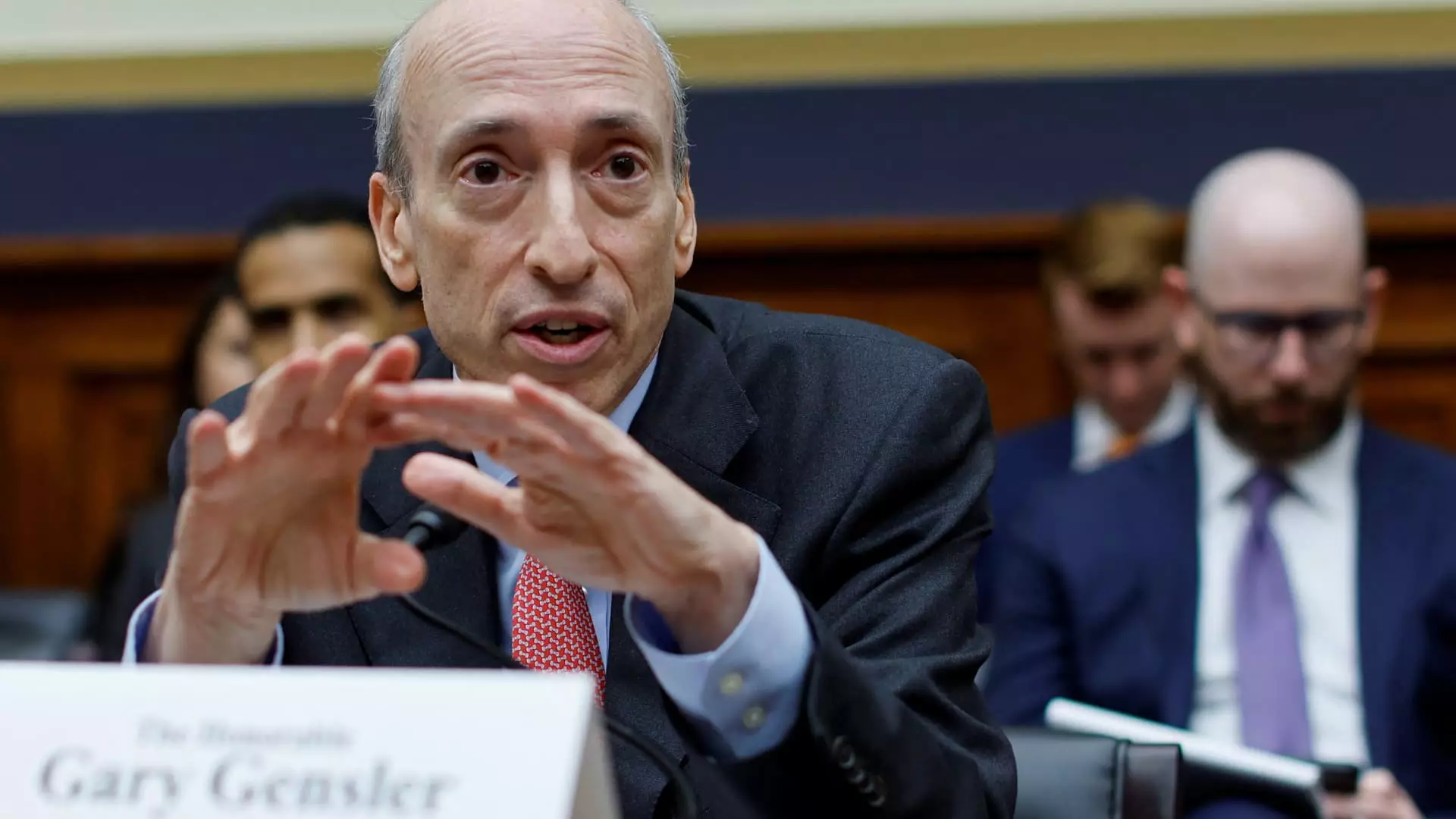Gary Gensler, the Chairman of the Securities and Exchange Commission (SEC), recently delivered what many have interpreted as an introspective address during the Practising Law Institute’s 56th annual conference on securities regulation. Having taken the helm of the agency in April 2021, Gensler’s remarks evoked sentiments of transition and reflection, as he expressed gratitude for the opportunity to serve, underscoring the SEC’s mission to uphold the integrity of American capital markets.
Gensler’s speech detailed the various initiatives he has spearheaded, showcasing a commitment to transparency and accountability in corporate governance. Highlighting the introduction of new disclosure rules, he emphasized the importance of regulations governing executive compensation, data breaches, and significant stakes in companies. This focus on fostering a culture of disclosure aligns with the SEC’s foundational goal of protecting investors and ensuring fair access to critical information in an evolving marketplace.
While presenting a sense of accomplishment, Gensler’s speech also touched on challenges that the SEC has faced under his leadership. Notably, he briefly mentioned the contentious climate change disclosure rule, which has sparked considerable legal debate. This issue exemplifies the broader tension between regulatory ambitions aimed at fostering corporate environmental responsibility and the pushback from certain sectors concerned about the implications of such requirements.
The Chairman made a point of reiterating that Congress had established disclosure mandates to promote public good by providing vital information about securities. This assertion brings to light the ongoing dialogue regarding the balance between adequate regulation and economic freedom, especially in the face of rapid financial innovation.
Gensler’s address took a decisive stance on cryptocurrencies, a sector that has experienced explosive growth but remains fraught with uncertainty regarding regulatory oversight. He drew a clear distinction between Bitcoin, which he does not classify as a security, and the myriad of other digital assets. Citing ongoing court rulings that classify many cryptocurrencies as securities, Gensler emphasized the need for compliance with SEC regulations, which mandate registration for all securities offerings and the entities that facilitate these transactions.
This unequivocal position underscores an urgent need for regulatory frameworks that can adapt to the rapid developments within the crypto space. Gensler warned of the significant investor harm stemming from insufficient regulatory vigilance, which raises pressing questions about the responsibilities of market intermediaries and the potential legal implications for those operating outside established guidelines.
As Chairman Gensler concluded his speech, he refrained from announcing any plans to resign, yet the tone signaled a profound sense of stewardship over the agency. His commitment to safeguarding the interests of American investors was palpable when he praised his colleagues for their tireless efforts in maintaining the security of the financial highway.
Gensler’s remarks encapsulated both reflective pride in past achievements and a forward-looking anticipation of the ongoing challenges that lie ahead for the SEC. As financial markets continue to evolve, the need for robust regulatory frameworks becomes increasingly critical—an ongoing mission for Gensler and those who will follow in his footsteps.

